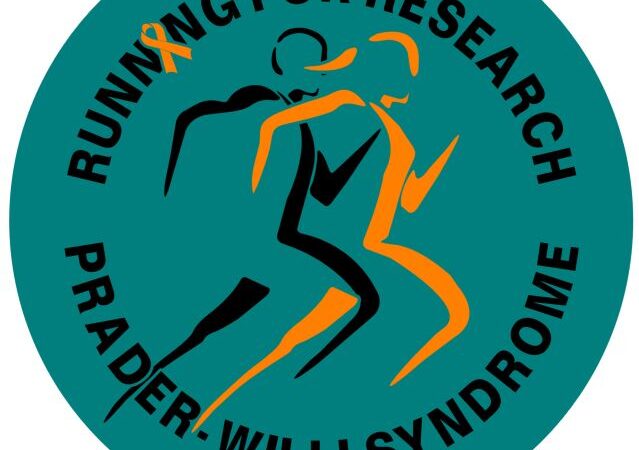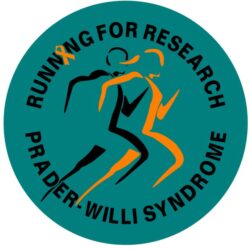Currently there are no treatments for the most debilitating challenges of PWS. Prader-Willi Syndrome was first described by Drs. Andrea Prader, Alexis Labhart and Heinrich Willi in 1956 based on the clinical characteristics they observed in 9 children. Sixty nine years ago. SIXTY NINE YEARS and NO CURRENT TREATMENTS! As I mentioned yesterday, only growth …

